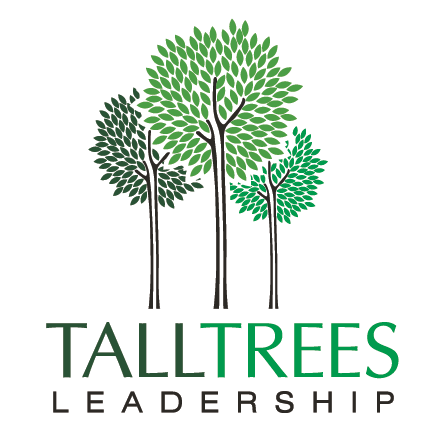
Three Ways to Prepare for A Senior Role in Healthcare
Transitioning into a senior role in healthcare can be challenging. Not only does it require a lot of time and effort to apply for a role in the first place, but the actual transition from an intermediate or frontline role is often a difficult process.
With so much involved in getting a job offer for your first senior role, it’s important to first make sure you’re clear on the kind of role you want and—more importantly—why you want it.
In this article, we’ll give an overview of how to choose and prepare for leadership roles in the healthcare industry.
1) Assess your leadership strengths and weaknesses
As you prepare for a transition into a senior role, start thinking about how ready you are to make the transition should you be offered a job.
Beyond managing others, making decisions and building relationships, being a leader in healthcare requires a number of skills that are often overlooked.
Think about where you’re at with your development of the following leadership competencies:
- Communication and collaboration
- Leading projects
- Delivering quantifiable results
- Enabling others to succeed
- Executive presence
- Exemplifying confidence in your knowledge and expertise
- Conflict resolution
Identify areas for improvement and skills you have already developed. This will help you set goals to work towards in your current role.
2) Explore your options

Before applying for senior positions, take some time to explore your options. You may think you know what role you want, but there are so many options out there to consider—some of which you may never have thought of before. It’s important to think not just about what you want from a job, but why you want it. Establishing your “why” will give you a lens to assess potential opportunities through. If a job doesn’t fulfill your sense of purpose, it’s probably not the best fit for you.
Doing a thorough job search can help you get clear on your goals and assess the full range of ways you can apply your skills and experience in a healthcare setting.
Here are some job search tips to help you through this phase:
- Determine a list of keywords to use when searching for jobs online. As you find job titles you think are relevant to you, add those titles to your keyword list.
- Expand your search beyond the kind of work you’ve done before. There are many health-related jobs out there that aren’t technically in the healthcare field. Be sure to explore those opportunities as well. You may find something that suits you even better than a traditional senior healthcare role.
- Ask for help from a mentor or coach. We have many clients who come to us seeking career guidance. Through guided conversations and targeted questions, we are able to help healthcare professionals understand their goals and start planning their career path.
3) Review your resume and prepare for interviews

Once you have a clear understanding of your qualifications and goals, it’s time to start the job search process.
Whether you are applying for internal opportunities within your organization or branching out to other workplaces and jobs, you’ll need to update your resume and prepare for upcoming interviews.
If you need assistance tailoring your resume and application materials to your skills and specific job postings, consider seeking help from a coach or other professional. It will be well worth the investment as you grow your career!
Need help making your next career move?
TallTrees offers specialized coaching that will help you with both the practical elements of job searching and higher level career planning.
Consultations are free, so get in touch any time to chat about your goals, needs and whether coaching is a good fit for you.
